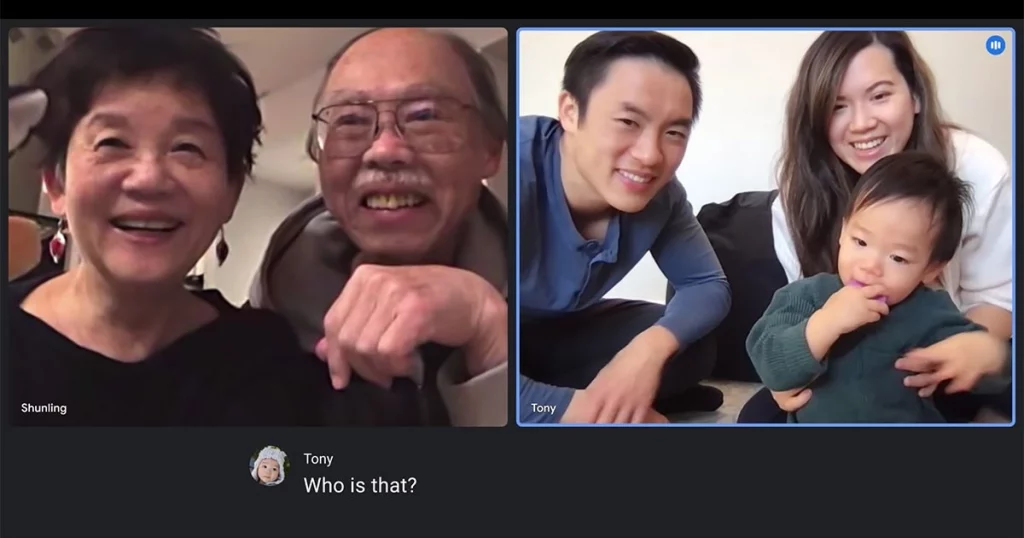To read the original post on AdWeek, click here.
Over the last few months, I’ve been feeling more optimistic than usual. Yuh-Jung Youn recently won an Oscar for Best Supporting Actress, and Chloe Zhao is the first woman of color to win Best Director for Minari and Nomadland, respectively. Moments like these may seem insignificant, but to a community that went nearly invisible and silenced in media for several decades, we’re in tears.
Immigrant families can relate to watching the family move from Korea to Arkansas in the film Minari. My own family worked hard to blend into the community of Huntsville, Ala. We need more stories like this told.
There is more that we, the people who work in advertising and media, can do to help raise our voices.
Understand our invisibility
The model minority myth is dangerous. This myth implies we benefit from privilege since we’re in proximity to white culture, diminishing our actual struggles. We become part of their standards, erasing our own and losing our identity. Our challenges are shrugged off with “You have white privilege,” when there are several distinct ethnic groups in various skin tones that make up the AAPI community.
See something, say something
Your silence adds to our invisibility, especially when you watch an AAPI person get physically and/or verbally assaulted while doing nothing. This inaction only aids in normalizing these types of crimes against the AAPI community.
Performative social justice
When you only share information to make it appear as you care about specific issues when in reality, you’re only doing it for the “Gram.” Posting on social media is great to generate awareness for the cause, but it defeats the purpose when there is no real, meaningful action behind it.
Several marketing agencies post to show their support, but what have those agencies done internally to change policies? Are they doing more outreach to communities of color for senior and executive hires? Are these agencies making a conscious effort to show authentic diversity instead of tokenism? If you’re an agency executive, look at who comprises the senior leadership team. It’s great to have diversity at all levels, including those who make the decisions. Are you reaching out to your AAPI staff and helping them cope with the current situation?
Beyond May
While May is Asian American Pacific Islander Heritage Month, this is a time to show respect to the community’s influencers. Respect shouldn’t be limited to just a moment in time and instead given on an everyday basis. If you work with AAPI community members, then listen to their concerns. Don’t disregard their comments as complaints, and instead, offer them a safe space to voice their opinions.
Understand microaggressions
There is a reason why I go by my middle name, Romey, instead of my first name. When I was applying for work, I didn’t get a callback until I decided to put my middle name as my first name. This is a time when you need to recognize microaggressions and call them out. Here are a few examples I’ve heard coming up in the industry:
“Our target is American millennials, so let’s use a white influencer.”
“We don’t want people to confuse this campaign for an Asian campaign.”
“I can’t even pronounce this name.”
Appreciate, not appropriate
If you own a brand or work for a brand that takes inspiration from Asian culture or its motifs (i.e. yin-yang symbols, Chinese lettering, Eastern medicine practices, etc.), and you’re not of this community but profit off of it, you need to donate some of the profits to nonprofits that advance and support the community. As a consumer, you can also buy from Asian-owned brands and businesses like local Asian restaurants that were hit the hardest during the pandemic.
Listen to AAPI talent
Stop whitewashing our stories. Even in 2021, we have to beg casting directors and decision-makers to stop changing our stories to be more mainstream.
Share stories from AAPI members, uplift them when they have concerns and don’t change their narrative to fit a specific demographic. While this community has a lot of work ahead of us to gain more visibility, being authentic is the first step.







